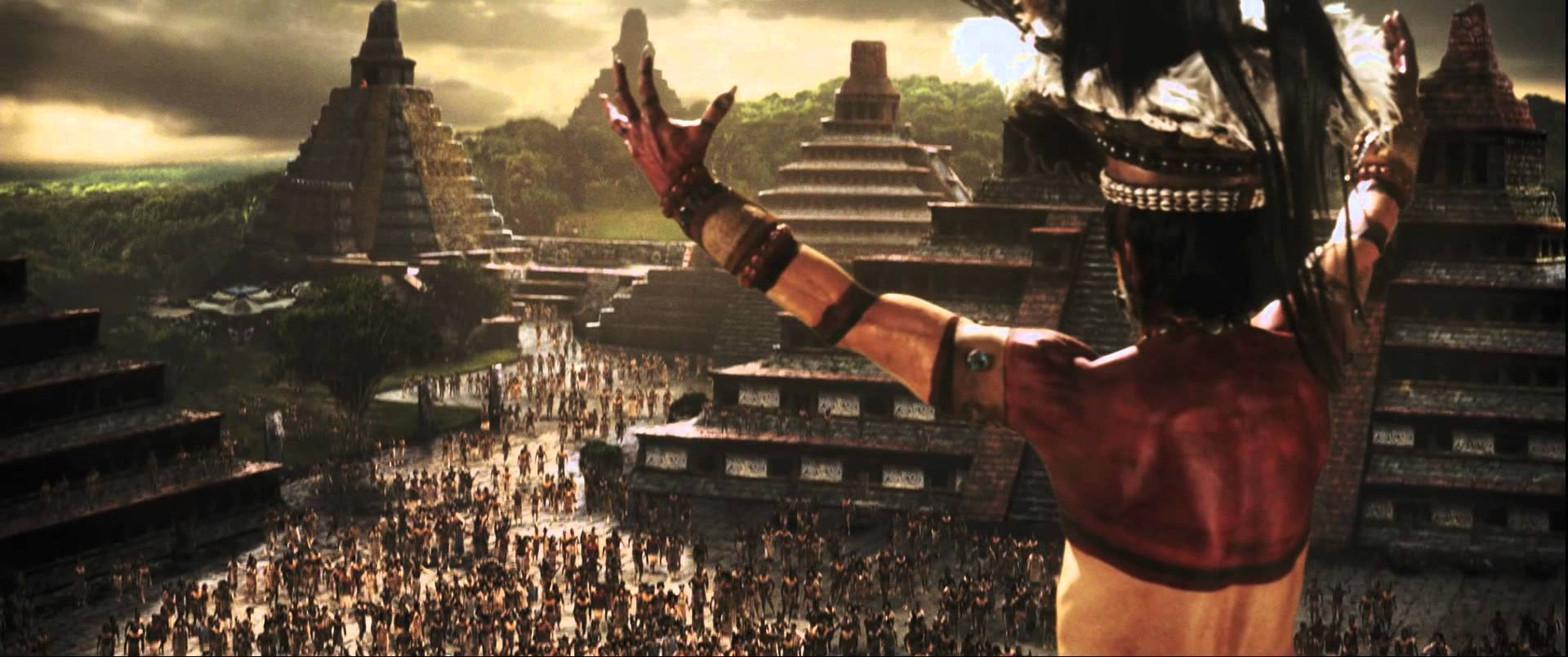
The Gods Want You to Die (and other fun facts)
For most of the people in Telrhin the gods are seen as powerful entities who variously help, hinder, or ruin their lives. You can pray to them for help, for mercy, or in thankful gratitude. Some religions see the gods in all things and everyday acts, others as distant figures who mostly ignore them. In a world of palpable magic and supernatural forces, gods play a large part in a person's understanding of their life and the world around them. So what are the gods? What drives them and why do they care?
The Nature of the Gods
The world was conceived in the Traum as twelve jumbled dreams within the Umbra. At that point all things were born from that initial spark -- the Ignis -- and lived immortally as ideas and concepts. But like most things in the Traum, it started to drift towards Waking, where it began to coalesce and take an ever more rational shape.
This is when the gods ran into trouble: things stopped living forever and needed the fuel of that original spark to go on. The world broke into three: the world itself, an echo world (remnants fighting the pull towards Waking), and Atavis which was became a spirit world removed from the confines of the tangible.
The gods (as they became known) were just ancient things with enough of the spark to find refuge at the far edge of the Umbra in a place that became Atavis. They could shape it into anything, a sandbox of creation like the early dreams they first knew.
But Atavis is tied to the world they came from, and powered by the sparks of the Ignis. To keep going the gods need to replenish the slowly dying flames of creation.
To do this they feed off the dying glow of their followers.
The Dying Glow
So how does this work? All things have a piece of the Ignis, but for most things it's infinitesimally small. People on the other hand, sentient creatures who are self aware, they have a more palpable hint of the spark. When things die they release it, called the Dying Glow.
Most of the time it's re-absorbed into the world, replenishing life in a cosmic thanatopsis. Some of it gets lost, evaporating over time in the Umbra. And some of it makes its way to Atavis past the Umbra, pulled or lured by the gods. This is the promise of the afterlife: you can live forever in Atavis -- albeit as a shadow of your former self. Your glow, however, is consumed by the gods.
The Bounty of Souls
In the end, every god wants you to die. They may promise health or safety, love or happiness, but what matters is your faith in them.
That devotion binds your spirit to them and helps deliver your glow. It's ravenous and desperate and it drives the gods more than anything else. Without it they wither and die.
Wars and plagues are a boon for the gods. At best they see these mortal events as short-sighted, a feast for the moment followed by the drought of decimated populations. At worst they see them as a necessity, something to work towards and foster, the world as an assembly line of tasty glowing souls.
There may be kind gods and nurturing gods, but in the end they all want you to die.
The World Has a Dying Glow Too
In the larger view the world was born of the Ignis and is slowly losing it as it dies out. The creation spark ignites a creative energy that flows from the Well of Dreams. These worlds (dreams at first) make their way to the Waking, growing in fits and spurts into a coherent rational world. Once in the Waking they grow and thrive and eventually die, husks of dead worlds that shed their final glow back into the Well of Dreams.

Comments
Lost Gods
There's an older post called Lost Gods though it doesn't touch on the part about feeding off the spark.
Speaking of lost or forgotten gods, I was always entertained by the premise of Chuck Wilhelm's Trailer Park Gods (Placebo Press) where has-been gods fight for influence. He had me at the title.